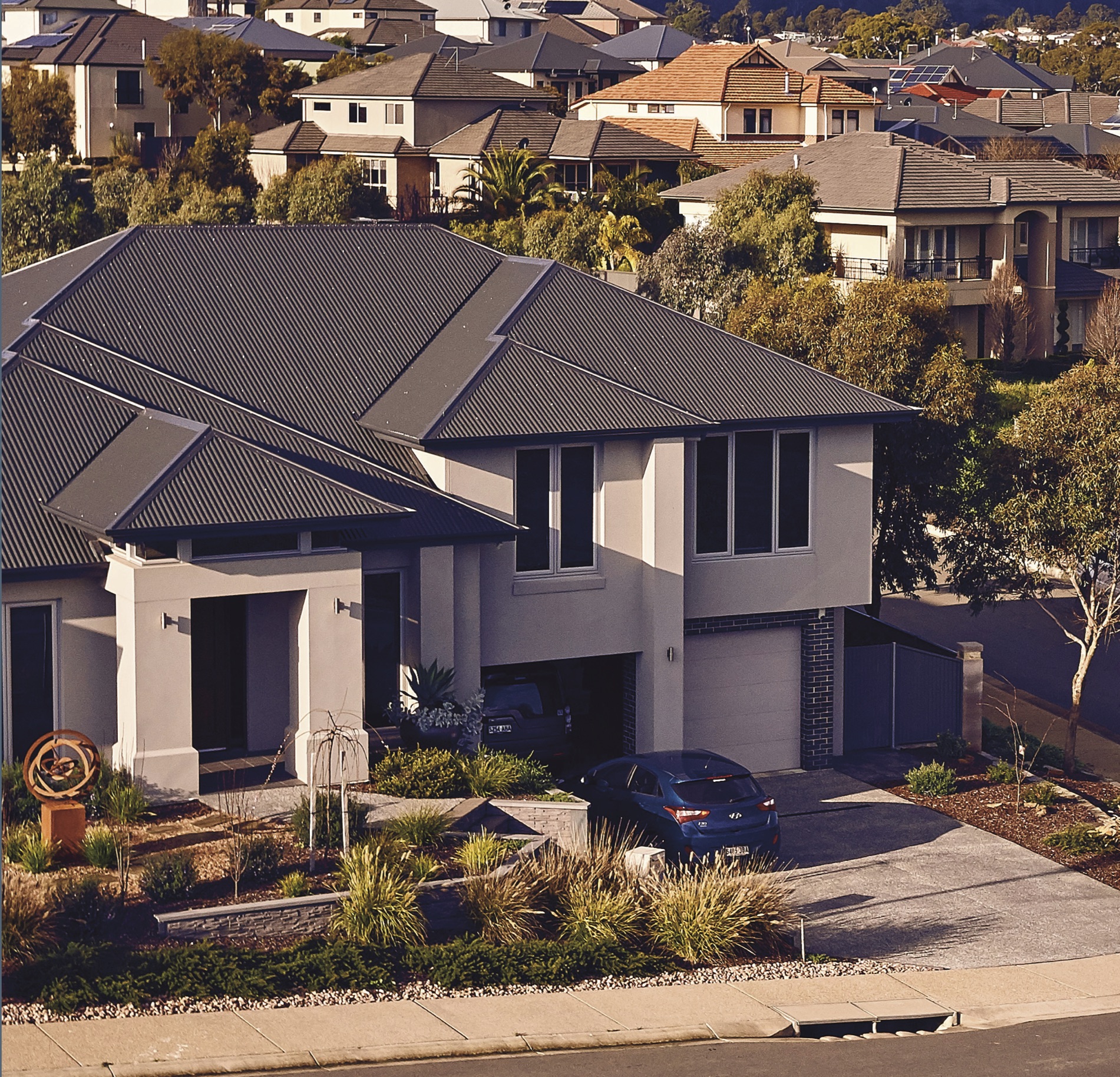Federal Labor’s proposed tax increases on property investors are threatening to kill an already-fragile housing market, says the Urban Development Institute of Australia.
“That’s why we’re calling on the Opposition, if it is successful in winning government, to halt any proposed housing tax increases,” says Darren Cooper, UDIA National President.
“Labor’s proposal is the wrong solution to a problem that no longer exists. We already have an environment of falling house prices and plummeting sales volumes, which are having a negative effect on the wider economy. We therefore urge Labor to step back from this – don’t kill the market.”
Current negative gearing and capital gains tax settings have allowed average Australians to build wealth through small-scale investments in the property industry and provide for their own retirement, thus ultimately reducing the drain on the public purse.
Labor’s premise, that it is primarily wealthy people who own investment properties and who use negative gearing mechanisms, is incorrect.
“The current tax settings are helping ordinary mum and dad investors to prosper and secure their financial independence. At the same time, this expands the rental market and effectively subsidises lower rentals.
“Labor’s proposed changes will significantly dampen investor demand in residential property, which will have a detrimental impact on the much-needed supply of rental housing in Australia.
“This will significantly drive up rents, which is bad news for renters. At present, rental yields for investors are low, keeping rent affordable, but this will change if investors turn away from the housing market and there are fewer homes to rent.
“Currently, investors accept modest rental returns because they expect to realise a capital gain in the future, when they sell their investment property.
“However, this will not happen if there are fewer investors out there and they are relying on owner-occupiers to eventually buy their investment property. This will make people unwilling to invest in the first place, further exacerbating the problem,” says Mr Cooper.
“The idea that they will be taxed even more on whatever capital gain they do manage to make from the sale of their property, is the final nail in the coffin, and will keep investors away from residential property in droves.
“We need to protect and encourage investment in housing and the economic prosperity of this country, rather than proposing a new tax grab.”
BACKGROUND INFORMATION
Figures from the Australian Taxation Office (ATO) indicate that well over 70% of tax payers who own a rental property, declare a taxable income of less than $100,000.
ATO data also shows that 73% of individuals with an investment property own just one property, 19% own two and only 1% own six or more.
Labor’s proposals assume house prices are demand driven, however, it is the scarcity of supply, combined with demand, that traditionally has had the most impact on housing prices.
A study released by the RBA in March 2018 found that around 70% of a typical Sydney or Melbourne property’s value is made up of scarcity of land supply and the restrictive nature of planning regimes and development approvals processes.

